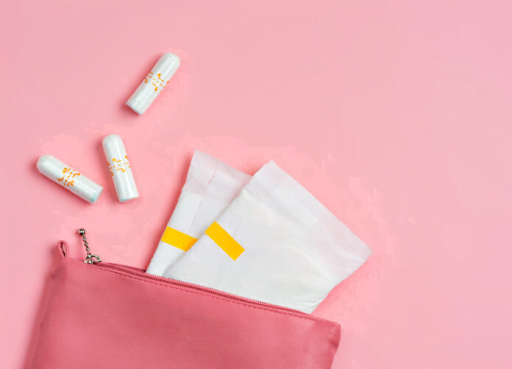Another day, another shortage in the U.S. Unfortunately, supply chain issues and inflation have affected all consumer goods. However, the current menstrual products shortage is the latest nightmare in America. Top retailers and manufacturers acknowledged the shortages this week after videos of women struggling to find tampons on social media.
“I haven’t seen any products in stores for months,” one user posted on Reddit. “I’ve been ordering my tampons on Amazon and getting price gouged.” Sadly, the price of tampons has skyrocketed by nearly 10%. An Amazon spokesperson denied rumors of price gouging. They claimed Amazon “helps ensure sellers are pricing their products competitively” and that the company actively monitors pricing and removes offers that violate its fair pricing policy.
The shortage gained national attention after an article in Time called out the shortage of menstrual products, something “no one is talking about.”
Why Is There A Shortage of Menstrual Products
The latest shortages stem from supply chain constraints around critical materials like cotton and plastic. The same materials are used in personal protective equipment and have been in high demand since the pandemic’s start. Furthermore, the war in Ukraine has further strained the supply. Russia and Ukraine are both major exporters of the fertilizer used to grow cotton. Additionally, the drought in Texas hasn’t helped.
Shortages of raw materials and supply chain issues aren’t new. The U.S. is currently experiencing a shortage of baby formula. But just like parents cannot wait for formula, neither can people who menstruate.
“Getting raw and packed materials to the places we need to get them to continues to be costly and highly volatile,” said Andre Schulten, Procter & Gamble’s chief financial officer, on a recent earnings call. P&G blamed the shortage on the increased demand sparked by an ad launch in July 2020.
“We understand it is frustrating for consumers when they can’t find what they need,” the P&G spokesperson said in an email. “We can assure you this is a temporary situation.”(Source: BlackHealthMatters -BHM-June 2022)

